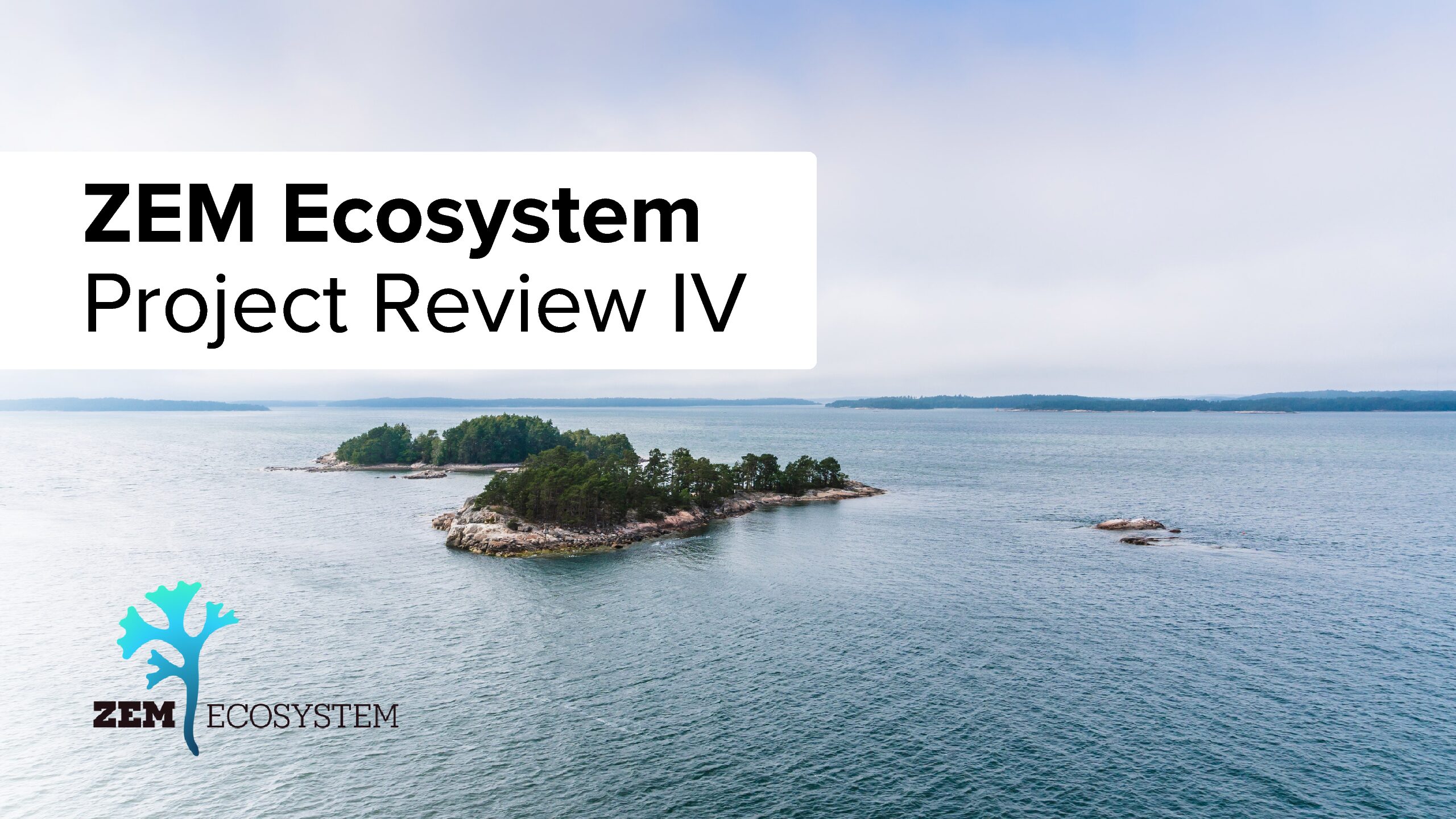Green fuels, such as hydrogen, ammonia, and methanol, are revolutionizing the future of marine engines – but their adoption brings new challenges for internal combustion engines. These challenges are particularly evident in component durability, fatigue behavior, and tribological performance. Tribological and fatigue behavior are critical to the overall performance and lifetime of engine components and the whole engine. However, the effect of green fuels on tribology and fatigue remains unclear. The tribological as well as plain and fretting fatigue mechanisms in green fuel environments, for example in high pressure hydrogen conditions (hundreds of bars), are not yet understood well enough to enable the safe and reliable operation of tribosystems.
– In general, fatigue is responsible for a significant share of structural failures globally, and the induced costs represent a notable portion of the global GDP. Combined with new technologies relating to green fuel environments, this combination can be seen as an increased risk for unexpected component and machine failure, says Joona Vaara from Wärtsilä, the Veturi company.
The FADEFUEL (Fatigue tolerant design in green fuel environment) project aims to investigate how green fuel environments affect the performance and durability of dry and lubricated machine elements and their contacts. This includes detailed studies on how green fuels impact fatigue, fretting fatigue, and tribosystem behavior. The project will affect several value chains, aiming to improve material selection, mechanical design, and lubrication strategies optimized for green fuel environments. This cutting-edge research with novel experimental testing methods and innovations in fatigue and tribology is crucial for ensuring the safe, reliable, and efficient operation of zero-emission marine engines. It supports the transition towards zero-emission marine operations, while providing economic and competitive advantages. The project supports the renewal of Finland’s marine sector and strengthens the global competitiveness of participating companies.
– Green fuels are essential for decarbonizing marine operations, but their influence on machine components, materials, and lubrication systems still needs to be studied, says Janne Juoksukangas, Assistant Professor from Tampere University.
– Our aim is to take a major step towards closing this gap by investigating this under laboratory conditions mimicing real operating environments. The research not only generates new insights but also enables the development of more reliable and sustainable machine design solutions. The project includes case studies on sliding bearings, frictional joints, and sealing solutions, for example, and leverages advanced experimental environments to evaluate the behavior of various materials and coatings. In addition to scientific publications, several university theses are planned within the project.
Business Finland has awarded funding to the academic partners Tampere University, University of Oulu, and VTT, and companies Wärtsilä, Sacometal, TT-Gaskets, Global Boiler Works, Sacotec. The total budget is 6.825 million euros, of which 80% is funded by Business Finland and the remaining is covered by contributions from the participating companies and research institutions. The project belongs to the Zero-Emission Marine (ZEM) -ecosystem and will directly address the subtasks related to ICE concepts and system-level technologies. The project will run for 36 months, from 2025 to 2028.
Further information
Janne Juoksukangas, Dr. Tech. Assistant Professor (tenure track), Tampere University, tel. +358408490559, email janne.juoksukangas@tuni.fi
Joona Vaara, Wärtsilä Finland, tel. +358408486662, email joona.vaara@wartsila.com

